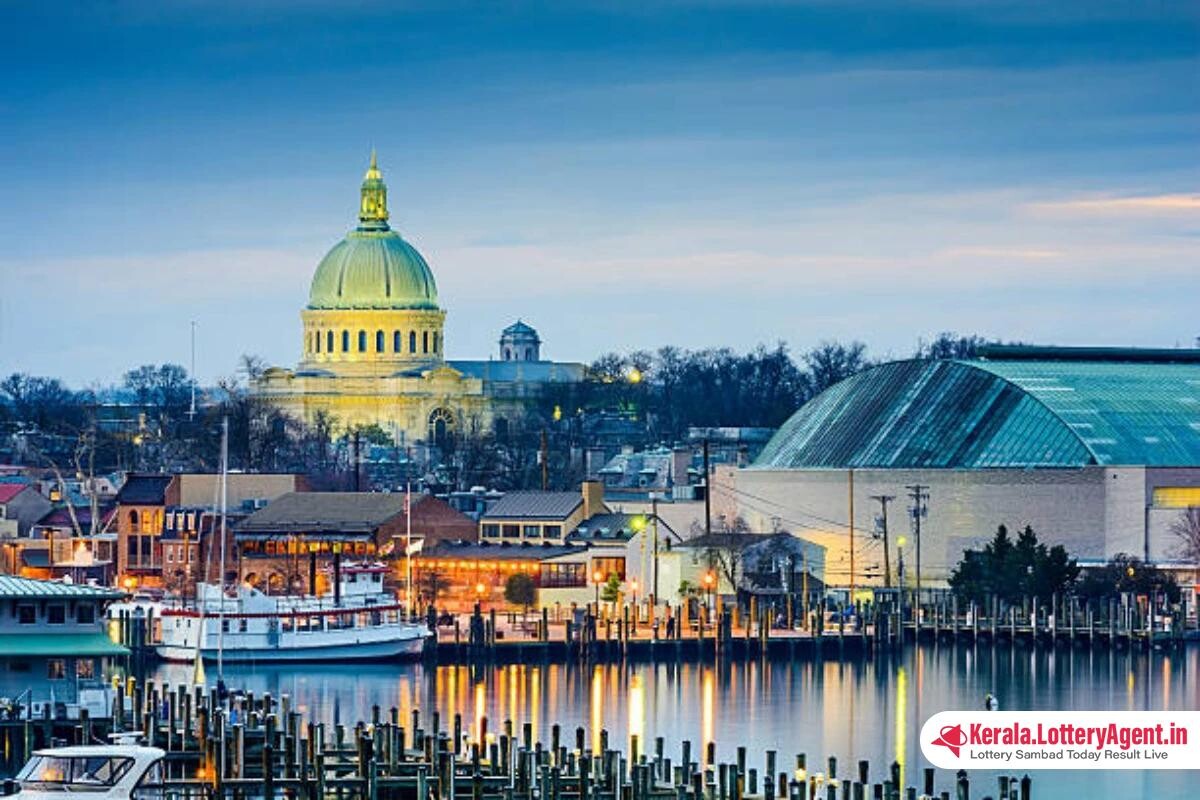
Throughout last year, a resounding clamor grew within the US gambling industry in anticipation of a significant milestone: the potential legalization of the online casino in Maryland. Hopes ran high as stakeholders—operators, vendors, suppliers, consultants, lawmakers—eagerly awaited a legislative nod that could shape the future of digital gambling in the state.
Yet, on the 8th of April, those aspirations dissipated into thin air. The Maryland General Assembly concluded its session without taking any decisive action on online gambling legislation, marking a rather silent end to the heightened expectations that had surrounded the issue.
This lack of legislative movement represents not just one, but the second major setback for gambling expansion efforts in the US during this session. A mere ten days before Maryland’s anticlimactic close, the Georgia General Assembly also wrapped up its term without legalizing digital sports betting, quashing hopes in one of the two states considered most likely to embrace such an expansion. In Georgia, the deadlock appears to stem more from debates on the allocation of gambling proceeds than from outright opposition to the betting legislation itself.
A peculiar situation unfolded in Maryland, where if lawmakers had even broached the topic of online gambling on the session’s closing day, it would merely have been to propose a referendum. Voters would then decide on the industry’s fate without any regulatory framework in place. A parallel can be drawn with the way sports betting was legalized in the state—voters gave the green light in November 2020, prompting legislators to return and painstakingly craft the specifics and regulations.
Indeed, this will not be the year that Maryland embraces online casino legalization. However, this indefinite delay might serve a purpose, allowing more time for robust debates and thorough research on how best to regulate and introduce such an initiative.
As we gaze across the broader US landscape, we find only a handful of states with active gambling expansion discussions within their legislatures—and even those face significant hurdles. In Minnesota, where recent regulations permitted historical horse racing (HHR), many view it as a breach of gambling exclusivity promised to state tribes. This resulted in a flurry of legislative proposals explicitly banning HHR, occupying lawmakers’ time and attention, potentially at the expense of negotiating a deal for statewide online sports betting.
Zack Stephenson, a key proponent of sports betting and chair of the House Commerce Policy and Finance Committee, directly responded to the racing commission’s decision by filing a bill outlawing HHR. Though scheduled for a hearing on April 8th, committee discussions were postponed due to other legislative proceedings.
In other states, gambling expansion efforts soldier on but with an uncertain prognosis. Some states, like one without even a lottery, have seen a comprehensive set of bills proposing the legalization of lotteries, retail casinos, and physical and digital sports betting reach a conference committee. There, lawmakers must reconcile differences on tax rates, gambling exclusivity for the Poarch Band of Creek Indians, and other critical aspects before the legislature adjourns on May 20th.
Less than a week from the end of its session, another state grappled with two bills proposing online casino control for local tribes while excluding two existing brick-and-mortar gambling establishments. These bills emerged from committee with divided opinions, an indication of the challenges ahead as legislators approach their adjournment deadline on April 17th.
To add to the myriad of gambling legislation attempts, a senate gaming committee in one state swiftly moved a sports betting bill forward in a notably brief meeting, intent on keeping the issue alive in the legislative dialogue. Nevertheless, two related bills recently met their demise in committee, with the session slated to adjourn on May 5th.
Missouri, too, faces a lack of consensus on sports betting, with one senator insisting on linking it to the legalization of video lottery machines—an approach previously rejected. The state’s professional sports teams are now considering an alternative strategy—collecting signatures for a sports betting initiative aimed for the November ballot. This act of legislative bypass, with a May 17th session end and an early May signature deadline, could represent the most viable option for gambling expansion in any state still considering the issue.
Ultimately, the intricate tapestry of state legislation, conflicting interests, and complex regulations paints a portrait of uncertainty for the future of US gambling expansion in 2024. While some doors have closed, others perhaps remain cautiously ajar, with the notable potential for voter-directed change coming to the fore in some regions.












